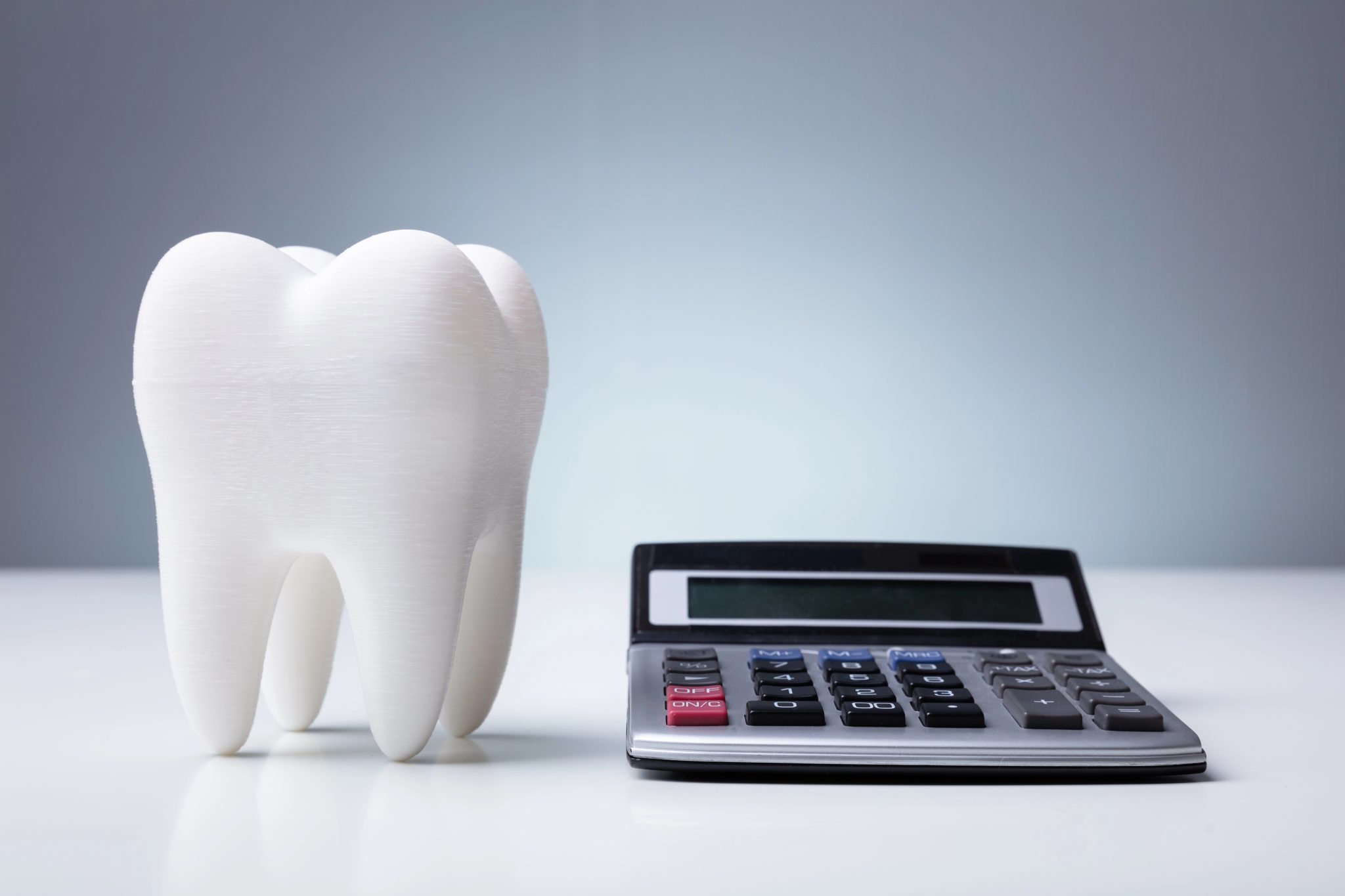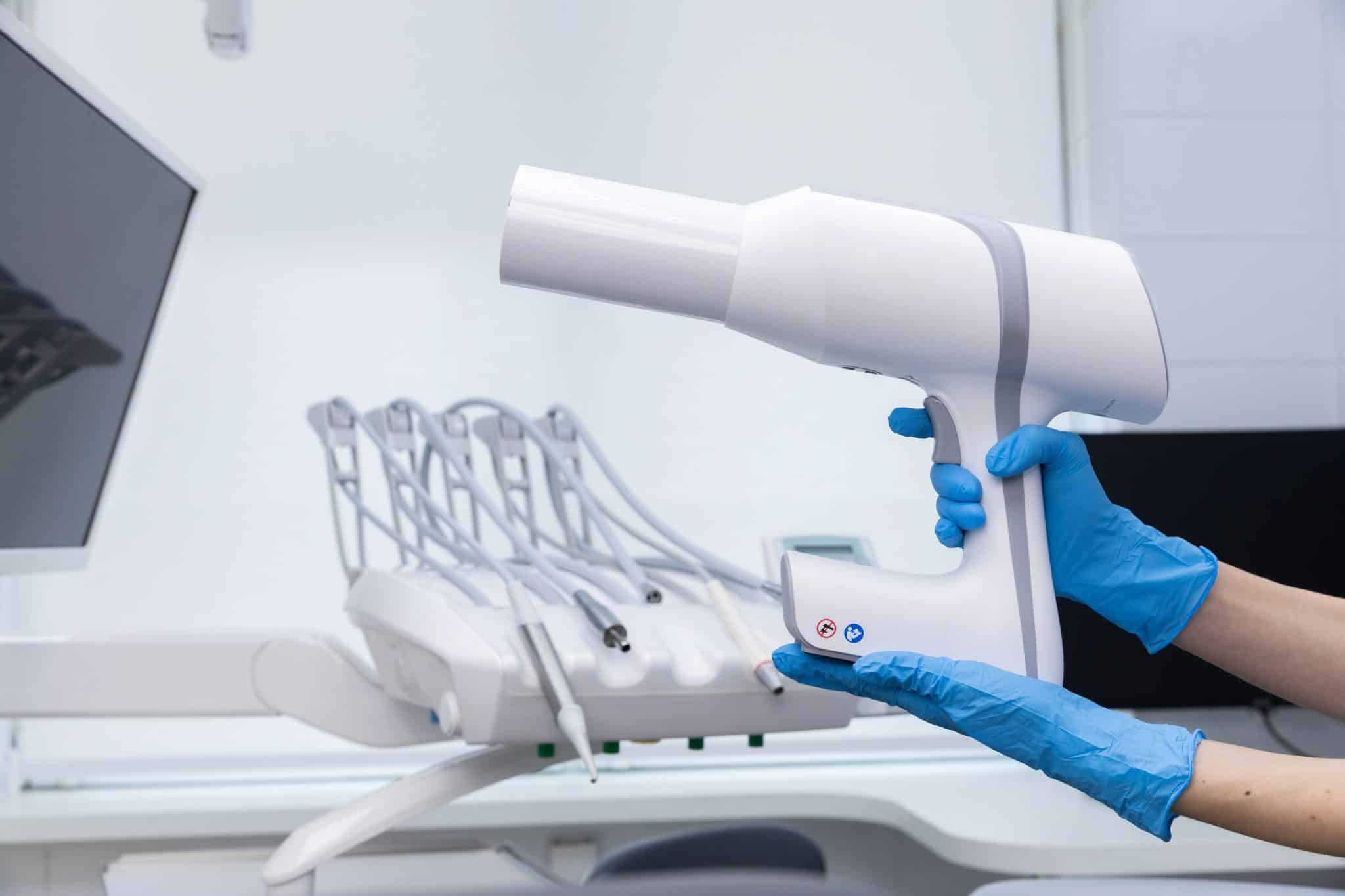Kind of like tooth brushing, accounting is one of those things in life everyone has to do. Only in this case, it can be delegated. The responsibility for maintaining your practice’s financial health doesn’t have to rest solely on your shoulders. For many dental practice owners, outsourcing accounting functions has become a strategic decision that allows them to focus on patient care while ensuring their business operations remain efficient and compliant. This article explores the key considerations and best practices for dental practices looking to outsource their accounting needs – helping you make informed decisions that support both your practice’s financial health and your peace of mind.
Table of Contents
ToggleWhat Does it Mean to Outsource Accounting?
Outsourced accounting is the practice of hiring an external professional, firm, or service provider to handle an organization’s financial functions rather than handling those operations in-house. The handover can mean partially or entirely transferring responsibilities such as bookkeeping, reporting, and financial analysis over on a one-time or ongoing basis.
Businesses of all sizes leverage outsourced accounting services, though their motivations may differ. Startups and small businesses often lack the resources to hire dedicated financial staff, while midsize companies might outsource to scale operations efficiently. Even large corporations frequently outsource specialized accounting functions to focus internal resources on core business activities.
Accounting Outsourcing for Dental Practices
Accountants handle numbers – that’s consistent across the board. What varies between service providers, though, is the types of specialized knowledge they bring to different industries. For dental practices, outsourced accounting goes beyond basic bookkeeping. Dental-focused accountants understand practice-specific billing codes, insurance reimbursement cycles, production metrics, and tax considerations unique to the field.
How Accounting for Dental Practices is Different
Whether outsourced or in-house, accounting in the dental field looks markedly different from regular business accounting. The responsibilities remain consistent in that all Canadian companies have tax obligations and financial reporting requirements, but dental practices face the unique financial considerations below as well.
Fee Structure Complexities: Dental practices must track various procedure codes, insurance reimbursements, and patient payment portions.
Insurance Claim Management: Accurately recording and reconciling insurance payments requires specialized knowledge of dental benefit plans.
Production Metrics: Dental accounting includes analyzing chair time utilization, procedure profitability, and provider productivity.
Inventory Management: Tracking specialized supplies and equipment with varying depreciation schedules demands industry-specific expertise.
Associate Compensation Models: Many practices use production-based pay structures that require sophisticated calculation systems.

The Benefits of Accounting Outsourcing for Dental Practices
Accounting outsourcing for dental practices isn’t absolutely necessary, but it’s undoubtedly a smart move. The average clinic stands to benefit greatly from external help in several ways. Let’s take a look at some of those advantages in detail:
Cost-Savings
It doesn’t matter whether you hire one for personal or business financials – accountants are a money-saving investment. For dental practices specifically, outsourcing accounting services typically costs significantly less than hiring a full-time financial professional.
The savings become even more apparent when factoring in reduced overhead costs, elimination of employee benefits, and no need for accounting software purchases or training.
Time Savings
Every hour spent managing bookkeeping, payroll, or financial reports is an hour not spent treating patients or developing your practice. Outsourcing these responsibilities frees up valuable time for dentists and their administrative staff to focus on patient care and practice growth.
Industry Expertise
Accountants specializing in dental practices bring valuable industry benchmarks and best practices to financial management. That pays off big time when it comes to spotting anomalies that generic processes might miss.
Enhanced Accuracy and Compliance
Dental-specific accountants ensure your practice avoids costly penalties while maximizing legitimate deductions. With professional oversight, your financial records maintain the accuracy needed for clean audits, loan applications, and potential practice valuation or sale.
Best Practices to Keep in Mind When Outsourcing Accounting
Accounting outsourcing for dental practices comes with some best practices itself. Before bringing any third-party professional or organization in to help, you should thoroughly vet their experience by checking references from other dental practices, verifying certifications and credentials, and establishing clear communication protocols upfront. Consider starting with a limited engagement before committing to a full suite of services – that way, you can evaluate their performance and compatibility with limited risk.

Accounting Outsourcing for Dental Practices Done Right
You’ve got enough to do on any given day than worry about the intricacies of financial management. Plus, with so much at stake, it isn’t worth risking mistakes. Count on the experts at Dental Tax for white glove support that exceeds what any generic service provider can offer. We’re in the business of accounting for dental practices, specifically experienced with and ready for case-specific needs unique to this dynamic industry.
Adam has an MBA from the Richard Ivey School of Business in London and also holds a Chartered Investment Manager designation.
- Tax Return Preparation Guide for Dental Professionals - January 19, 2026
- Financial Lessons from Successful Dental Practices - January 12, 2026
- 2026 Tax Changes Affecting Canadian Dentists - January 5, 2026




